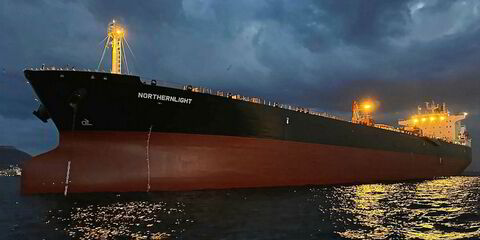Many shipowners are having problems with ballast water treatment systems (BWTS) installed on their vessels, according to a survey by the American Bureau of Shipping (ABS).
The findings suggest that shipping will need longer to adopt the new technology than previously anticipated.
In a survey of 27 owners with 220 vessels, 14% of respondents say BWTS are working as expected, while 43% say systems are operating but their ability to kill marine organisms is not being monitored.
The remaining 43% of owners say systems are causing problems or are not working.
The difficulties presented by the new technology were behind the International Maritime Organization (IMO)’s decision in early July to delay the enforcement of ballast water rules by two years.
Steve Candito, chief executive of BWTS manufacturer Ecochlor, says he is “disappointed” with the IMO’s delay as he believes shipowners will naturally put off installations.
But he adds that the delay will allow shipowners purchasing systems "a more thorough decision-making process”.
Tore Andersen, chief executive of BWTS manufacturer Optimarin, says sales enquiries slowed in the run-up to the IMO’s decision to delay the start date. Once the 2019 deadline was announced, he says, the market has ground to a halt.
“This is something people don’t want to invest in if they don’t have to,” Andersen said. “I can see it from the shipowners' side.”
However, Andersen adds that the US ballast water regime remains the one spur for owners to take action. The US Coast Guard (USCG) said this year that with more systems now approved for use in US waters, shipowners have less reason to not comply with the US ballast water requirements.
But shipowners are still managing to put off investing in BWTS.
Eagle Bulk Shipping said in a recent earnings conference call that it had pushed out installations until 2019. USCG records show only two of the company’s ships have had BWTS installed. The USCG has granted Eagle extensions on 33 other ships.
In total, the USCG has granted extensions to more than 12,000 vessels.
But Blank Rome attorney Jeanne Grasso says it is becoming more difficult for shipowners to get extensions as the USCG now wants shipowners to have a roadmap for installation.
Grasso says the ABS survey shows that BWTS installations can be very particular to a ship and that the products are not “fungible".
“Owners have been willing to look at BWTS products,” Grasso said. “But they want to put time into evaluating what works well with their fleet.”



